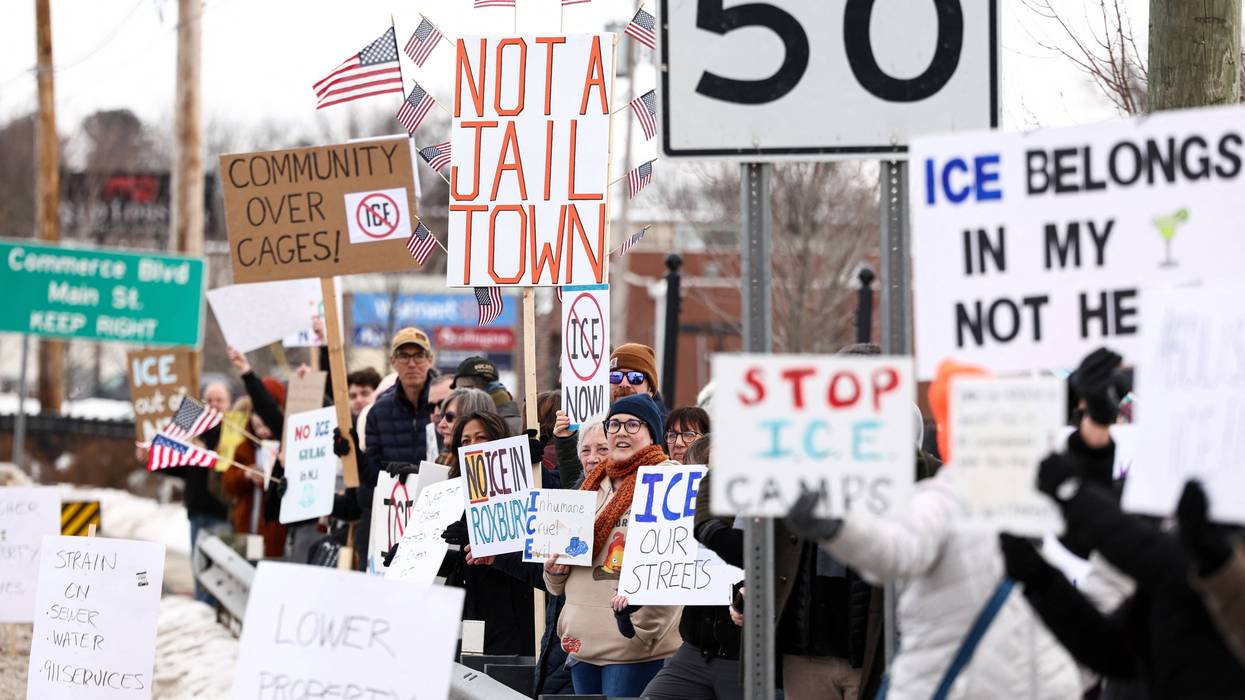Today, over 30 organizations advocating for racial justice, privacy, and civil rights released a letter urging the Federal Trade Commission (FTC) Chair Lina Khan and Commissioners to finally put policies in place to regulate commercial surveillance and data collection. Signers of the letter include Fight for the Future, Demand Progress Education Fund, Center on Race and Digital Justice, Athena Coalition, Free Press, MediaJustice, and Consumer Federation of America.
Frustrated with the lack of action since the agency announced an Advanced Notice of Proposed Rulemaking (ANPRM) on these issues in 2022, the organizations implore the FTC to immediately take the next step and put forth the Notice of Proposed Rulemaking on Commercial Surveillance and Data Security (NPRM) before the current term expires in six months.
“The volume, scope, and variety of sensitive information being collected and exploited has increased. It's become more common for corporations to surveil individuals that they don't have a commercial relationship with. Amazon’s Ring surveillance devices collect biometric data from bystanders going about their daily lives. Meta tracks individuals as they browse the web regardless of whether they have an account, collecting and sharing detailed information with its Facebook platform,” the organizations say in the letter.
The letter highlights the exploitation of sensitive personal information, the ability to monitor and track ones’ location, the disproportionate threats faced by communities of color, and the impacts of ‘unfair and deceptive’ surveillance and data collection on data security. It goes on to say that, given the harms, it’s incumbent on the FTC to move forward with putting forth policies that protect everyone: “ultimately, any rulemaking must ensure that people––regardless of race,
immigration status, gender, sexual orientation, workplace, or income––retain total and not illusory control of their personal data and cannot be pressured by personal circumstance or lack of accessible alternatives to give that control away.”
Click here to read the full letter.
The complete the list of organizations signed on to the letter: Fight for the Future, Access Now, Advocacy For Principled Action In Government, Aspiration, Athena Coalition, Center on Race and Digital Justice, Constitutional Alliance, Consumer Federation of America, Demand Progress Education Fund, For the Many, Free Press, Generation Justice, Institute for Local Self-Reliance, Just Futures Law, Line Break Media, May First Movement Technology, Media Alliance, MediaJustice, Oakland Privacy, Open Markets Institute, Organization for Identity and Cultural Development (OICD.net), PDX Privacy, Presente.org, Privacy Rights Clearinghouse, Project On Government Oversight, Restore The Fourth, RootsAction.org, Surveillance Technology Oversight Project, The Civil Liberties Defense Center, The Greenlining Institute, WA People's Privacy, Woodhull Freedom Foundation, and Yale Privacy Lab.
Fight for the Future issued the following statement. Please attribute it to the Director of Fight for the Future, Evan Greer (she/her/they): “We’ve been waiting two years for the FTC to make good on its commitment to protect against harmful surveillance and data corporate practices—yet nothing has been done. We can’t keep waiting, we’re running out of time with roughly six months left in the current term. If the FTC plans to follow through with putting direly needed privacy protections in place to shield everyday people from the overreaches of Big Tech, Chair Khan and the Commissioners need to take immediate action. We’ve waited way too long for the FTC to prioritize our basic human right to privacy and safety in our digital lives. It needs to act now, while it still can.”



